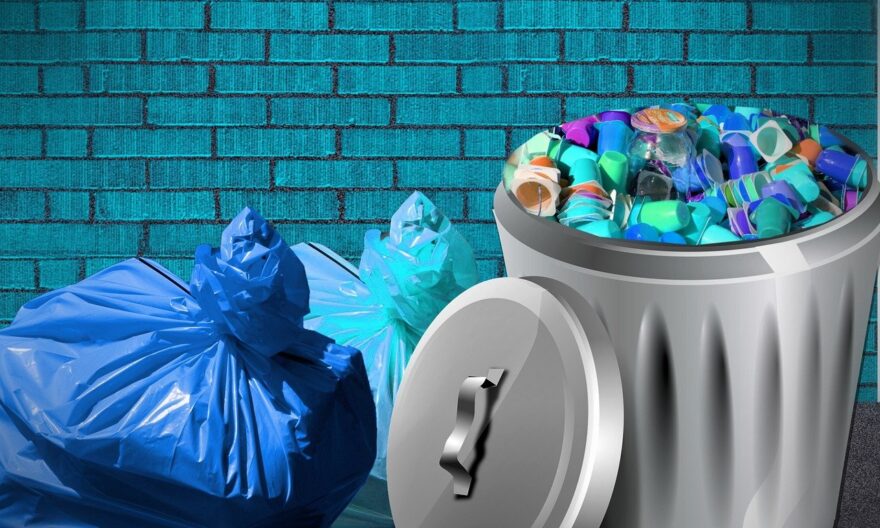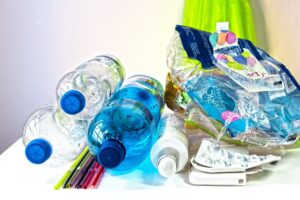
We use plastic for so many small conveniences in our daily lives, but most plastic items are only used for a few minutes before being discarded into landfills or oceans. It’s time to reduce your plastic footprint! Here are some practical tips for cutting back on plastic:
Switch to reusable items
Use reusable water bottles, coffee cups, straws, and storage containers instead of disposables. Invest in a high-quality stainless steel water bottle that will last for years. Bring your own reusable coffee tumbler to your favorite cafe to avoid single-use plastic and styrofoam cups. Opt for reusable straws and closable containers to pack lunches and takeout in to minimize waste.
Buy products with less packaging
Buy foods and products with minimal plastic packaging when possible. This may take some extra planning but switching to unpackaged bulk grains, beans, snacks, and even things like shampoo will dramatically reduce plastic waste. Seek out brands that offer recyclable or compostable packaging options.
Avoid liquid body wash
Opt for bar soap instead of liquid body wash bottles. Bar soap is packaged in minimalist paper wrapping while plastic bottle body washes create tons of hard-to-recycle plastic waste. Switch to bar soap for yourself and your whole family.
Bring your own bags to the shop
Bring reusable bags when grocery shopping instead of using thin plastic bags every time. Keep a set of sturdy reusable grocery bags in your car and bag at home so you never forget them. The more bags you use, the more plastic waste you avoid.
Use shampoo and conditioner bars
Switch to shampoo and conditioner bars rather than bottles. Shampoo and conditioner bars last much longer than liquid bottles, containing 100% active ingredients with no excess water or plastic packaging waste.
Buy milk in glass bottles
Buy milk in glass bottles rather than plastic jugs when available. Many local dairy farms and grocery stores now offer milk delivery in reusable glass bottles that you return when empty, eliminating single-use plastic waste. This option may cost slightly more upfront but saves far more waste in the long run compared to purchasing milk in plastic jugs that end up in landfills.
Get some reusable produce bags
Invest in a reusable produce bag for weighing fruits and vegetables loose instead of prepackaged in plastic. A produce bag allows you to weigh and transport your produce while avoiding unnecessary plastic packaging.
Going plastic-free takes some adjustment but makes a big impact on reducing ocean plastic pollution. Every small change helps, so start with some simple swaps you can implement regularly.



